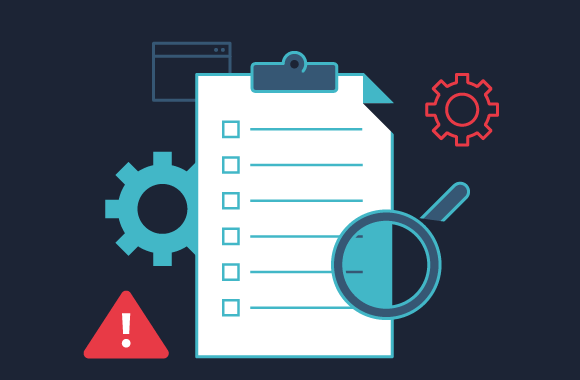Identity theft is when someone collects and uses your information to scam or impersonate you. Even relatively small amounts of data like a password, an account number, a Social Security number, an address, or your mother’s maiden name are enough for someone to commit a crime in your name. They can also take out a loan, open a bank account, or buy something using their credit card.
Ways to steal someone’s identity
Identity theft is committed using malware, phishing scams, or data breaches. Oversharing can also lead to the theft of your personal information.
Clicking a pop-up window or opening an email attachment can secretly get harmful software installed on your device. This way, a cybercriminal can collect your account numbers or your passwords.
Phishing scams occur when someone sends a fake message or email that looks like it came from a utility company, a bank, or another reputable organization. The notification alarms that your account will be closed or that your account was compromised and you need to reach out urgently. It usually has a request to call a toll-free number or a link to a webpage. If you fall for this, you risk revealing sensitive data, like financial information, to a “competent” individual or a fake but realistic-looking website.
Another factor that enables identity theft is oversharing, especially on social media. Sharing posts, videos, pictures, and other personal information has never been easier. Thieves can use this data to steal your identity.
Finally, a thief can commit a data breach. They can break into a government, hospital, insurance, or another database and steal people’s personal information, sometimes on a mass scale.
How to protect your identity online
It can take years to find out you’ve fallen victim and fix your credit rating, so prevention is critical. Identity theft is more common than you think, so the first step would be to check if you haven’t already become a victim. You can do this using a free people finder site, which will retrieve publicly available information about you.
Assuming you’ve done this and are not a victim, read on for the best prevention tips from industry experts.
Protect sensitive data
Social media sites, emails, and text messages are not entirely secure, so it’s best not to put sensitive information in them. Be particularly mindful of what you post on social media. You might be sharing with more people than you think or more information than you intend to.
Before providing any sensitive information to a website, check if it’s secure and legitimate. The URL should start with HTTPS, not just HTTP. The “s” is for “secure.” Check for the closed padlock in the lower right-hand corner.
Make sure you’re visiting the right website. Fake sites that aim to imitate real ones will resemble them very closely, sometimes with a minimal difference, like one letter fewer or a punctuation mark. Public computers and public wireless connections are not secure.
Don’t click on random links in a pop-up window or message. If a message doesn’t appear genuine, even if you know the person or entity that sent it, reach out to them from a different account or device.
Keep your passwords secret
Never share any of your passwords. If you write them down, keep the piece of paper in a safe place. Ideally, your passwords should combine numbers, uppercase and lowercase letters, and symbols.
Using the same password everywhere carries a risk. If someone steals it, they can also steal all the information it protects on every site where it’s used.
Improve device security
Use automatic updates to ensure all the software on your devices is current. This reduces your risk of identity theft. Install legitimate antispyware and antivirus software. Don’t turn your firewall off, and be careful with flash drives. Your wireless router should be password-protected.
Check account activity regularly
Check your activity regularly to stay current on your account balance. If you notice a discrepancy, report it at once. If you don’t report fraudulent transactions promptly, the law doesn’t protect you from paying them.
Contact the main credit bureaus and request to freeze your credit unless you are trying to get a loan. This will restrict access to your credit reports. If you have children under 16, you should also request to have their credit frozen. Identity thieves target children because their parents rarely check their credit reports.
Follow Techiemag for more!
